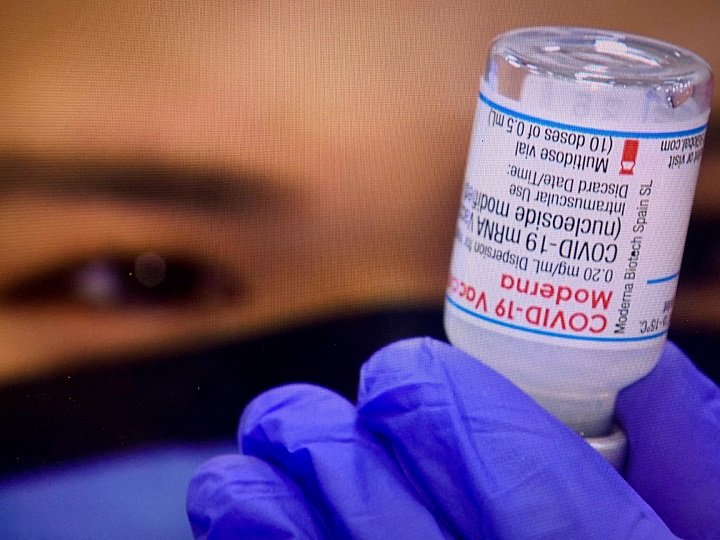Published:May 20, 2021
-Global News
Two hundred Albertans will soon be needed for a national study on mixing-and-matching COVID-19 vaccines.

It will investigate the effects of using two different COVID-19 vaccines as well as the impacts of different dosing intervals.
Dr. Ilan Schwartz, the Alberta site investigator for the MOSAIC study, said participants will be recruited from across the province, though the trial site is in Edmonton.
“We are going to be looking for volunteers that have received their initial vaccination within 28 days. The reason for that is because we’re going to be randomizing participants to a second dose, either at the 28-day interval or at the four-month interval,” he said.
The study will enrol participants who received any of Canada’s approved vaccines. Participants are required to be 18 and over and those pregnant are excluded from the trial.
“Those that have received an AstraZeneca vaccine would be randomized to either another AstraZeneca vaccine, or more likely to one of the mRNA vaccines, whereas those who received a mRNA vaccine would only be randomized to another mRNA vaccine,” Schwartz said.
The study is slated to begin around the middle to end of June. It will require participants to make five visits to researchers over the course of a year.
“What we are interested in, first of all, if people develop an infection with COVID-19 but also if they develop side effects and we want to be able to measure their immune response over time,” Schwartz said.
Last week, the province stopped administering first doses of the AstraZeneca vaccine, citing supply issues, and there have been questions about what options there may be for Albertans who already received a first dose. Mixing-and-matching, along with a more extended interval between doses, have been brought up by chief medical officer of health Dr. Deena Hinshaw, though no final decisions have been made.
“The question about giving a second dose that’s different than the first dose is something the province is grappling with in real-time,” Schwartz said.
“The province is likely going to have to make a decision before the full results from this trial are available. Hopefully we’ll be able to generate data to inform decisions in Canada, but certainly the rest of the world is still going to be vaccinating for many months, to years, to come.”
Albertans who are interested are asked to keep an eye out on www.bethecure.ca, where the study will be listed in the coming weeks.
Participants are expected to be enrolled from Alberta as well as Nova Scotia, Quebec, Ontario, Manitoba and British Columbia.
Early data from studies in Europe suggests that mixing doses of COVID-19 vaccines is safe and effective.
Preliminary results from a University of Oxford study published on May 12 found that mixing the Pfizer-BioNtech and AstraZeneca COVID-19 vaccines may increase the frequency of mild to moderate side effects. But these symptoms were short-lived — lasting no longer than a few days — and there were no hospitalizations or other safety concerns.
Meanwhile, a Spanish study released Tuesday showed that the presence of neutralizing antibodies rose sevenfold after people who received a first shot of AstraZeneca vaccine were given the Pfizer dose, significantly more than the doubling effect observed after a second AstraZeneca shot.
So far, there is no guidance in Canada or anywhere else in the world about mixing vaccine doses.
c. GLOBAL NEWS




